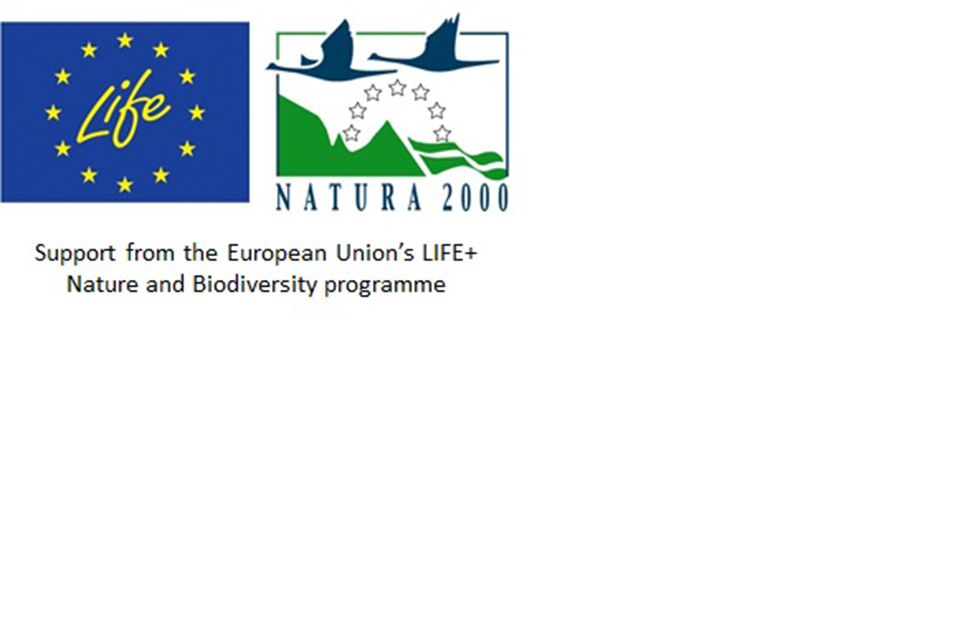LIFE Recreation ReMEDIES project
Find out how EU LIFE funding is helping Natural England and partners save seagrass and maerl seabed habitats.
Applies to England
Documents
Details
EU LIFE awarded Natural England a grant of £1.5 million in October 2019 for ‘reducing and mitigating erosion and disturbance impacts affecting the seabed (ReMEDIES)’ in England.
The LIFE Recreation ReMEDIES project aims to:
- improve the condition of at-risk seagrass and maerl bed habitats in 5 project areas
- reduce the negative impact of recreational boating activities, such as mooring and anchoring
- share its successes with similar projects in Europe
The 5 project sites are Marine Protected Areas and Special Areas of Conservation. All 5 are popular with recreational boaters:
- Essex Estuaries
- Fal and Helford
- the Isles of Scilly
- Plymouth Sound and Estuaries
- Solent Maritime
You can search for these sites on the Natural England designated sites database.
Natural England leads the project, working with:
- Ocean Conservation Trust
- Marine Conservation Society
- Plymouth City Council
- Royal Yachting Association
- other organisations including the harbour authorities in the 5 project areas
The project will:
- work on practical ways to manage the habitat for rare protected species, such as seahorses, stalked jellyfish and seaweeds
- be the first to collect seed and replant seagrass at this scale in England
- raise awareness with the boating community and encourage better care of seabed habitats
- provide solutions, such as advanced mooring systems to reduce harm to these seabed habitats
The project will evaluate its results and share successful methods with projects managing similar habitats under threat across Europe.
Background
Seagrass is a flowering plant that forms a lush underwater meadow on the seabed. It’s a critically endangered EU red-listed habitat and a UK habitat of principal importance.
Seagrass beds:
- support a diverse ecosystem which provide food and shelter for fish and other animals, from tiny invertebrates to marine mammals and waterfowl
- are spawning, nursery and refuge areas for fish, including commercially- important plaice
- stabilise the sediment with their roots
- absorb nutrients and clean the surrounding seawater
- store carbon and help prevent climate change
Maerl is a purple-pink hard seaweed that forms a spiky underwater carpet. It’s found in Fal and Helford. Maerl beds:
- provide shelter for bivalves (such as scallops), sea cucumbers, anemones and other small sea creatures
- also store carbon
Contact
Email: LifeRemedies@naturalengland.org.uk
Life project number: LIFE18 NAT/UK/000039.

EU Life and Natural 2000 logos
Updates to this page
-
Added newsletter for winter 2020-21.
-
Added Project Information Notes 2 and 3
-
First published.